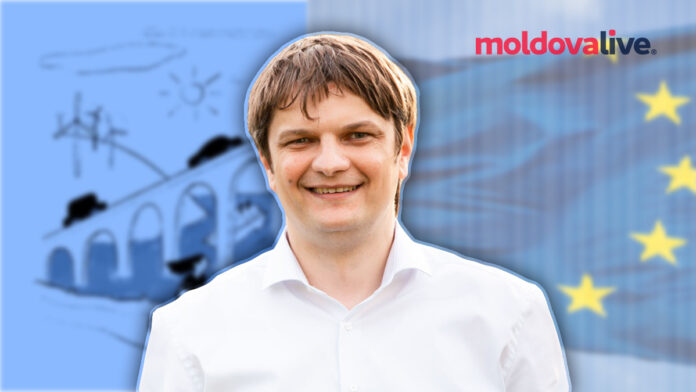In a significant development, officials from Moldova, led by Andrei Spînu, have signed a crucial agreement with the European Bank for Reconstruction and Development (EBRD) in London. This historic agreement paves the way for the implementation of the Moldova V Road Rehabilitation Project.
The €150 million loan agreement, signed at the EBRD headquarters, is set to play a pivotal role in the rehabilitation of key transportation arteries in Moldova. Notably, the funds will be utilized to upgrade the M2 road, the beltway of Chisinau city (sector two), expanding it to four lanes. Additionally, 85 kilometers of the M1 road, connecting the border with Romania to Leuseni, Chisinau, Dubasari, and the border with Ukraine, will undergo vital improvements.
This financial injection represents a significant milestone for Moldova, with the loan amount covering 50% of the co-financing required for the Moldova V Road Rehabilitation Project. The remaining funds will be allocated by the European Investment Bank, underlining the collaborative efforts between Moldova and international financial institutions.
These roads, integral parts of the Trans-European Transport Network (TEN-T), hold strategic importance for the Republic of Moldova. Besides enhancing domestic connectivity, they establish vital links with Romania and the European Union, fostering trade and facilitating faster and safer travel for citizens.
“The rehabilitation of these key roadways aligns with our commitment to prioritize European roads in the 5+ Infrastructure Reconstruction Plan for Moldova. It’s a crucial step in our broader efforts towards infrastructural development,” emphasized Andrei Spînu, expressing the government’s dedication to enhancing transportation networks and connectivity.
The Moldova V Road Rehabilitation Project is expected to bring about transformative changes, driving economic development, and strengthening Moldova’s ties with neighboring countries and the European Union. As the project progresses, it reinforces Moldova’s commitment to sustainable infrastructure development and opens avenues for future collaborations in the region.


